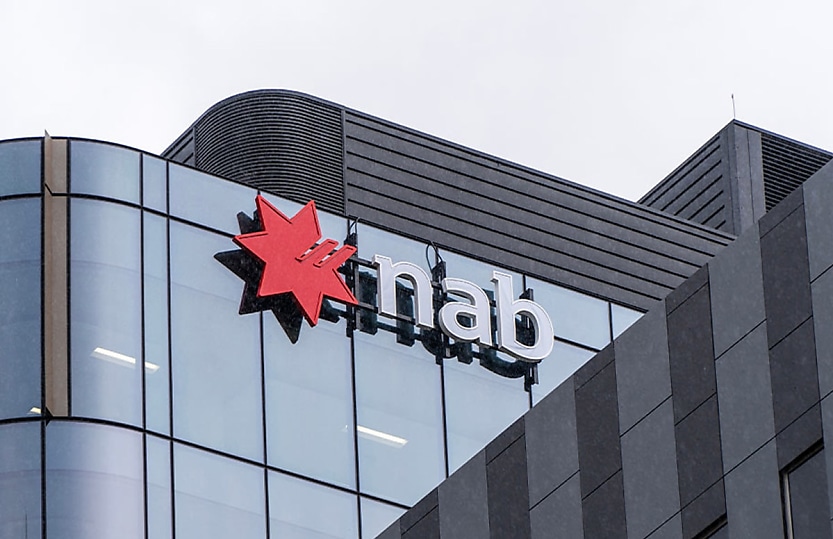Business confidence continuing to slip down negative slope: NAB

SME business confidence has plummeted further into negative territory, according to the latest NAB SME Business Survey.
The latest NAB SME Business Survey has revealed a significant drop in small business confidence, while conditions also turned negative in the quarter.
Survey results revealed that Q3 conditions were negative for the smallest and middle-tier SME respondents, while larger SMEs saw conditions drop to zero index points.
SME business conditions fell 3 points to -2 index points and mid-tier SMEs fell to -7 index points.
NAB head of Australian economics Gareth Spence said the employment and profitability indexes were negative in the quarter and the trading conditions index had also continued its downward trend.
“SME conditions remain the weakest in accommodation and food, manufacturing, wholesale and retail,” Spence said.
“We know household incomes have been under pressure for some time and while there are signs the squeeze on incomes is easing, for now, it is continuing to impact SMEs in discretionary consumer-facing industries as well as upstream industries such as wholesale and manufacturing.”
The survey revealed as well as the drop in conditions, SME business confidence had declined 8 points to -12 index points.
It was also highlighted that cost pressures remained elevated, with no improvement in the pace of materials or labour cost growth reported by SMEs in the quarter, while the pace of price growth picked up slightly to 0.8 per cent.
Spence said cost pressures were little changes and have persisted for SMEs.
“Prices are now growing materially below the pace of input costs for SMEs suggesting pressure on margins is increasing.”
“For now, however, price growth reported by SMEs is a little stronger than that reported by larger firms in the quarterly business survey.
Forward orders held stagnant at -8 index points, capex increased three points to +8 index points and capacity utilisation fell to 80.7 per cent, which was closer to the long-run average of 80.2 per cent, according to NAB.
Thirty per cent of firms revealed that labour availability was a prolonged challenge, which was similar to the rates reported by larger businesses.
The report also revealed that the number of firms reporting sales demand had increased to at least a quarter, which reflected ongoing subdued consumer demand.
NAB revealed conditions declined across the states, except for South Australia. However, in level terms remained positive outside of NSW and Victoria.
SME confidence fell across the states and in level terms was negative across the board.
Spence said the drop in SME confidence throughout Q3 was surprising after having improved in the prior quarter.
“Regardless, SME confidence has been mired in negative territory for an extended period reflecting firms’ concerns about the outlook for the economy through a difficult period of high inflation and restrictive monetary policy.”
About the author







